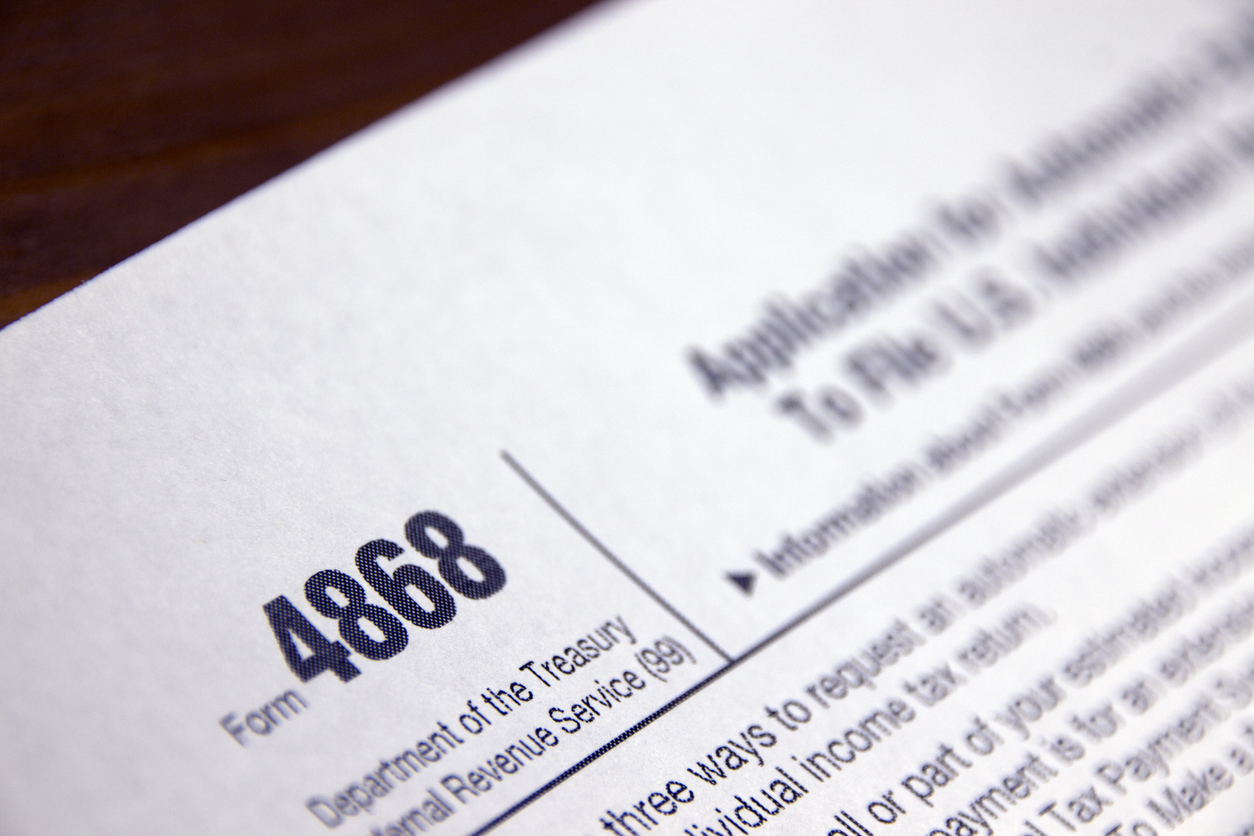Tax Deadline Remains April 15
While taxpayers still have to file their taxes by April 15, 2020, the deadline to pay taxes has been extended by 90 days until July 15, 2020.
During a March 17th press conference regarding the coronavirus pandemic, U.S. Treasury Secretary Steven Mnuchin announced taxpayers will have an additional 90-days through July 15, 2020 to pay their taxes, penalty-free and interest-free.
He said individual taxpayers can defer up to $1 million of tax payments and corporations up to $10 million in tax payments.










